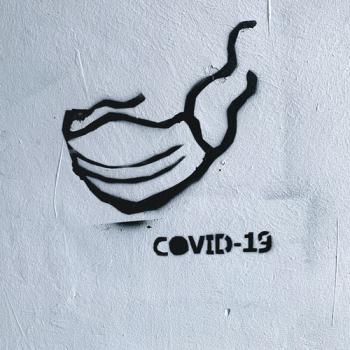Within our target economies, we look for countries that meet our investment criteria and have established at least a moderate foundation for further economic growth. Because of that, when evaluating countries we analyze three core factors: growth, stability, and access. While it may appear obvious, a country that is already exhibiting growth (often due to positive demographic trends and/or the adoption of more productivity enhancing modern technologies) is better poised to make efficient use of the additional capital we provide. Without the rule of law (security, property rights, and a developed court system) even economies that are growing rapidly can be risky places to invest, so we avoid them. Finally, even the most ideal economies which have relatively strong legal systems and attractive growth dynamics will not work for us if access to local businesses is restricted by their home countries (i.e., capital controls).
In Latin America, for example, we find countries like Chile, Colombia, Peru, and Brazil to be attractive investment destinations where capital can make a big difference. In Asia, the southeast Asian countries, including Indonesia, Malaysia, Vietnam, and Thailand are attractive. In Africa, particularly Sub-Saharan, countries like South Africa, Botswana, and Ghana are on the list as well. These countries have reached a place in their development where they have successful small businesses that are struggling to continue their growth because they lack sufficient access to capital. With this access they could move to the next level, create more jobs, become bigger contributors to their communities, and help create a larger middle class.
But your list doesn’t include places like the Congo?
We have a disciplined process that we follow when selecting economies to invest in. As mentioned above, there must be the proper growth, stability, and access dynamics present in order for us to invest. Specifically, the Congo faces significant challenges, particularly pertaining to rule of law and ease of access for foreign capital.
Our investment strategy was specifically developed to meet the needs of a particular private investor so it’s important to understand the profile of our target investors. The investors in this retail fund are less willing to accept the level of risk inherent in the lowest income economies. Those economies require a different kind of development, which is simply not where we’re focused.
Good Returns, Global Good
Is your story to investors that you can do good in the world even though your rate of return will be less?
Investors in our funds won’t need to give up investment return to do good.
No. Investors in our funds won’t need to give up investment return to do good. By targeting credit-worthy small businesses in middle income countries, we believe we can offer competitive, stable returns for our investors. And in addition to that, we are going to measure and report the impact of our investments through the creation of jobs and other contributions to economic growth in the communities we serve. Like anywhere else, these companies are focused on generating profits and, if they are successful, will pay more taxes, ultimately resulting in improved infrastructure (roads, ports, power generation, etc.), more schools, better education, better health care, etc.
We also apply an environmental, social and governance (ESG) screen to our investments and provide capital only to those companies with sustainable business practices, including anti-child labor, fair treatment of workers, environmental sustainability, and the like. We know that we don’t have to sacrifice investment return in order to accomplish this. Our value proposition is that you can get a competitive investment return and help change the world.
Stay tuned for upcoming posts on how Nelund serves God in her work, what she thinks about banks, and what is happening to the U.S. middle class! Kind permission is granted by Seattle Pacific University and the Institute for Business, Technology, and Ethics for the use of this material from Ethix magazine, where it first appeared March 2012.













